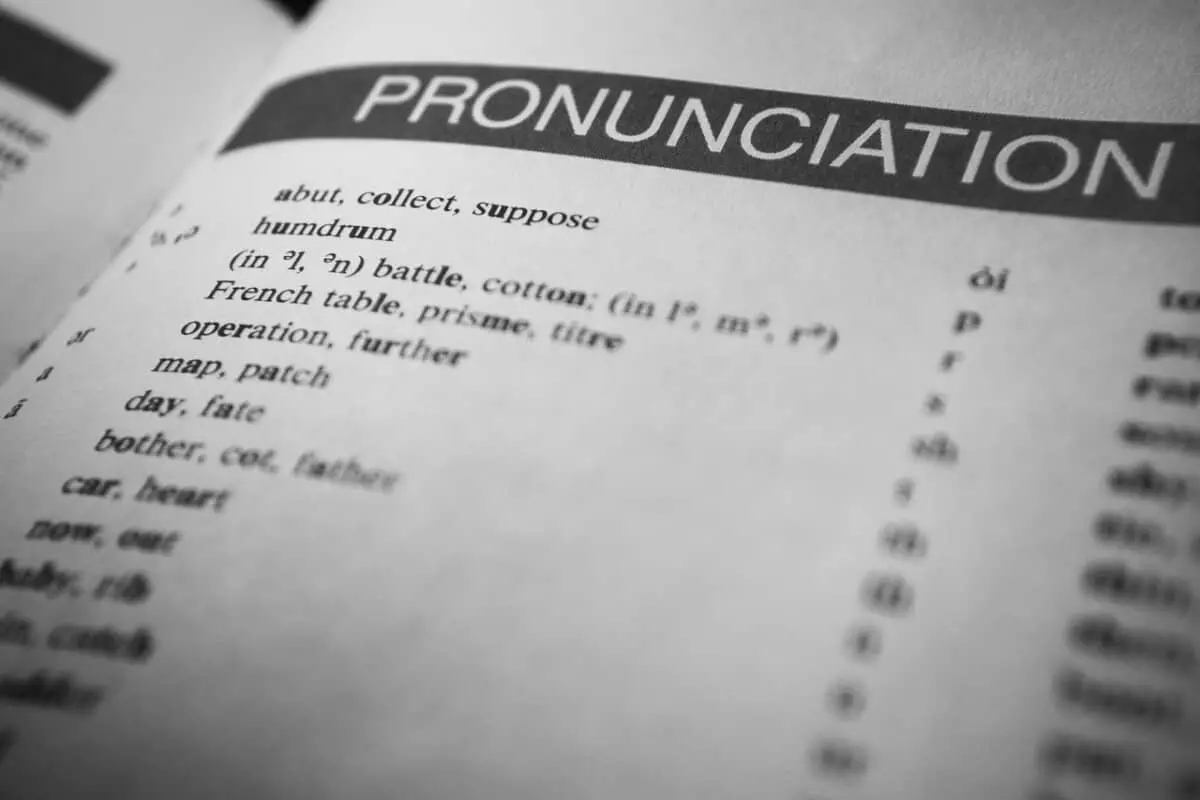“I’m” is a contraction for “I am,” and we often use them interchangeably. However, if you’re writing in a formal setting, you may wonder which one you should use. Is it “I’m” or “I am”? “I am” is the preferable form in most cases. I am is a little more formal and can even stand …
Philip Huber
While globalization has brought various challenges to nations or countries since the 1990s, the bonds of common culture, values, and family remain strong in many such nations. We often use the terms “country” and “nation” interchangeably, but have you ever wondered what the difference between a country and a nation is? The expressions “country” and …
Think back to a time when you first met someone, and you perhaps wanted to tell them you would like to speak to them again. To communicate this sentiment, you might use the phrase “Looking forward to talking to you.” It is perfectly acceptable to say “Looking forward to talking to you” to someone when …
The words “pronunciation” and “enunciation” look and sound very similar except for a few letters. They often get confused with each other; however, their meanings are slightly different, so is it pronunciate or enunciate? Pronunciation is the act of making the correct sounds that create a word and saying the whole word correctly. Enunciation is …
Even English native speakers are sometimes uncertain of the real meaning and nuances of words, especially if they often hear and see the terms misused. Two such confusing words, which are even listed as synonyms in thesauruses though they convey different nuances, are “humble” and “modest.” The difference between “modest” and “humble” is that “modest” …
Various nuances in English can be challenging to understand, even for native speakers. For instance, native and second-language speakers sometimes struggle to differentiate between words like “plausible” and “possible” that sound almost identical but have distinct meanings. The main difference between “plausible” and “possible” is that “plausible” means you could make a reasonably valid case …






